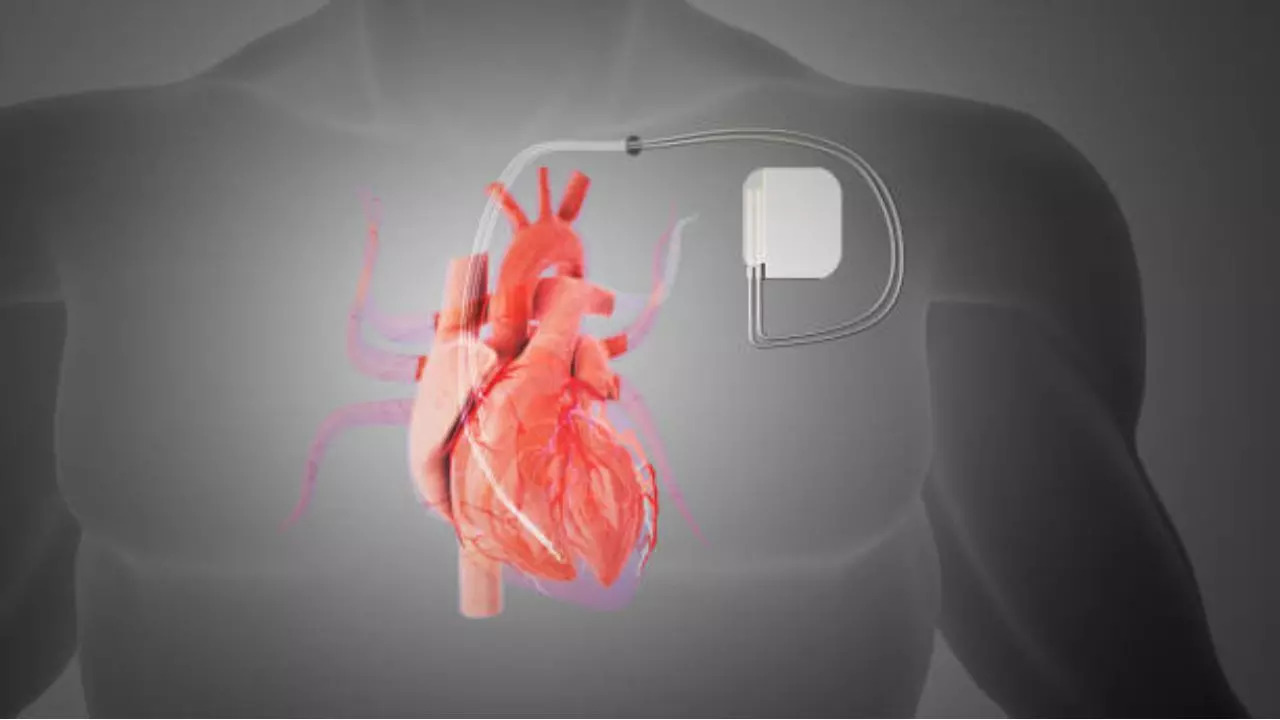Signs that your pacemaker is working poorly; How to prevent a heart attack

A pacemaker consists of a lead and pulse generator, a battery, a computer, and wires that connect to the heart’s veins to enable it to function smoothly
How does a pacemaker work?
- Helps to increase a slow heart rate
- Improves heart functioning
- Balances and regulates the heartbeat
A pacemaker usually lasts for up to ten years, depending on how you are using it. When the battery starts to run out, the pulse you generate will replace it.
What happens if a pacemaker malfunctions?How does a pacemaker fail?
- You may feel dizzy and nauseated
- You may faint and remain unconscious for a long time
- You may feel nervous and have an irregular heartbeat
- You might feel muscle cramps
- you have pain in the shoulder area
- You may experience shortness of breath
Most often the pacemaker does not fail completely, and simply needs to be reprogrammed.
Why do pacemakers fail?,
What can you do if your pacemaker stops working?
According to experts, you can take care of your health and your pacemaker, provided you do not pull, twist or push the generator. You can also tell doctors and dentists that you have a pacemaker before undergoing any procedures. If you feel it is not working, contact your cardiologist or electrophysiologist immediately. There are some situations when you need emergency care, including:
- Hiccups that won’t stop
- cramps in your abdominal or chest muscles
- Pain, swelling, redness, or irritation at the implant site. These could be signs of infection
- a constant feeling that your heart is skipping a beat
- The feeling that your generator is loose in its pocket under your skin


